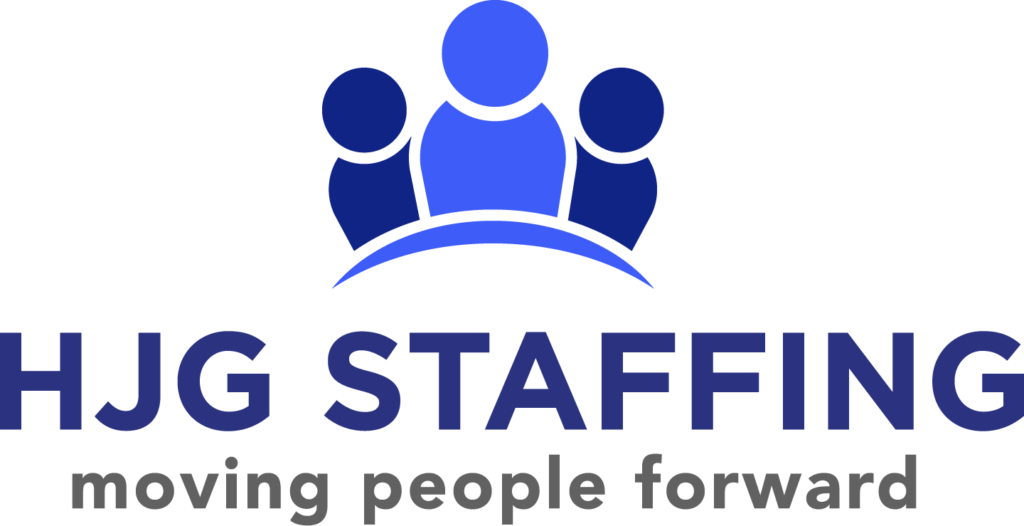You’ve finally landed a job interview, and while it’s no guarantee that you’ll be hired, it’s an exciting step toward employment. Maybe the interview didn’t go as well as you hoped, or maybe you feel confident in your performance. Either way, you didn’t get the job and it’s a disappointment. What steps do you take to maintain confidence and more forward with the application process? Let’s explore.
First, let yourself feel. If emotions arise, it’s healthy to allow them to hold space. If you’re sad, disappointed, angry, or any other emotion, creating space to feel is not only healthy but also important. When we block emotions and stress from naturally releasing, tension and even sickness can manifest in the body. Tight muscles, stomach aches and sleepless nights are a few examples of the aftermath of cutting off emotions and stress.

However, there are healthy alternatives that allow us to feel and heal at the same time. For instance, going on a walk is an effective way to be present with your thoughts and emotions while allowing your body to move and create feel-good chemicals, such as endorphins.
Another option is journaling. A key factor to remember about journaling is that it should be honest, even if your feelings are specific to that moment. Cara, a nurse practitioner says, “I used to think too much when it came to journaling. I was worried about the risk of people seeing it or writing things I considered rude or mean.” However, journaling is a tool to release emotions, thoughts, and stress, and this means letting everything out on the page without worrying about the content.
In heated or intense emotional moments, we might feel or say things we don’t always mean, or that we look back on and realize the intensity of feeling was momentary. The point is that through writing it down in a safe and private place, those feelings are released. There are some journals that are even created to burn after they’re completed!

After allowing your emotions to complete, try your best not to ruminate. There could be a million and one reasons that you didn’t get the job and the truth is, you may never know why. Some companies might give feedback, but in many cases, elaborated information is not given. Spending too much time contemplating on the reasoning for rejection can become detrimental and even diminish confidence. “I used to take it very personally when I didn’t get a job,” says Lance, an architect. “I would sit and go through all the interview questions and try to pinpoint what I did wrong. This eventually made me doubt my abilities.”
While it can be effective to use a critical lens on performance, the line between effectiveness and damage is narrow. Instead of dwelling and hyper-analyzing your performance, try writing your strengths in one column and things you’d like to work on in the other. This is a solutions-based method that recognizes your strengths and creates steps for improvement.

Next, be available to learning opportunities. “I was working full time in retail at 24 years old. I had applied for a marketing internship that was 2 days a week. Even though most interns were much younger than me, I wanted the experience,” says Helen. This is an example of being open to experience. There are countless online opportunities to build skills and even earn certifications; even free YouTube tutorials can teach useful skills.
There are internships, in-person classes and even mentors available to help build skill sets. “Although I had a degree in marketing, that internship gave me confidence and skills to add to my resume.” Helen currently works full-time in marketing and credits that internship for helping her get there.

Rejection from a job can feel frustrating and defeating. However, it’s important to remember that rejection happens to everyone. Some of the most successful people were rejected countless times but kept trudging forward until ‘no’ became ‘yes.’ Allow yourself to feel, express stress and emotions in a healthy way, keep your horizons open and build confidence and skillsets in the meantime.



